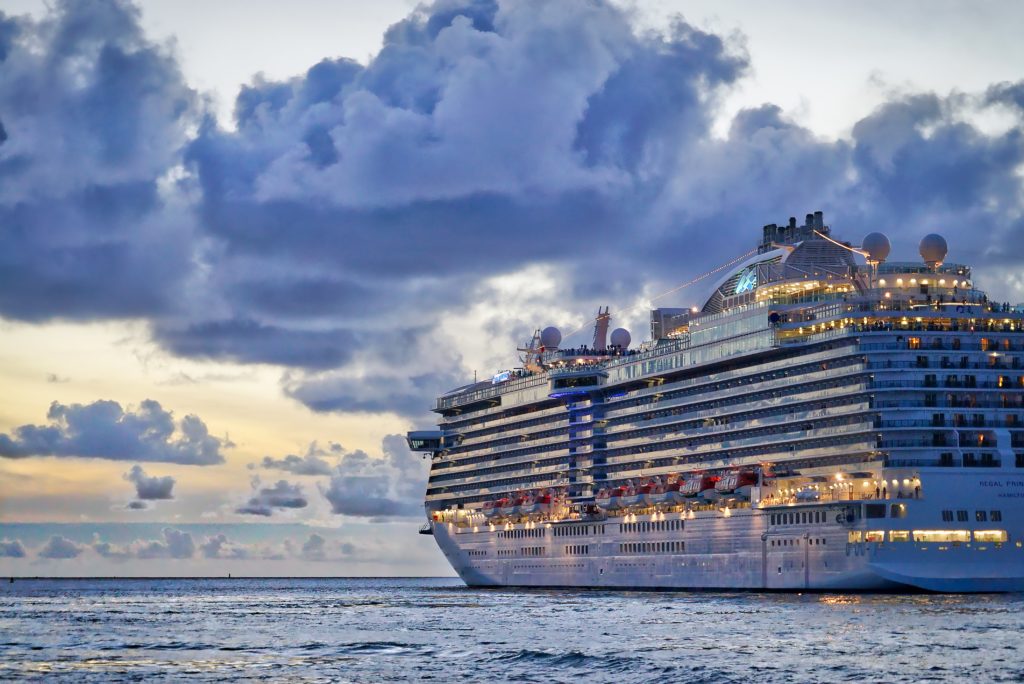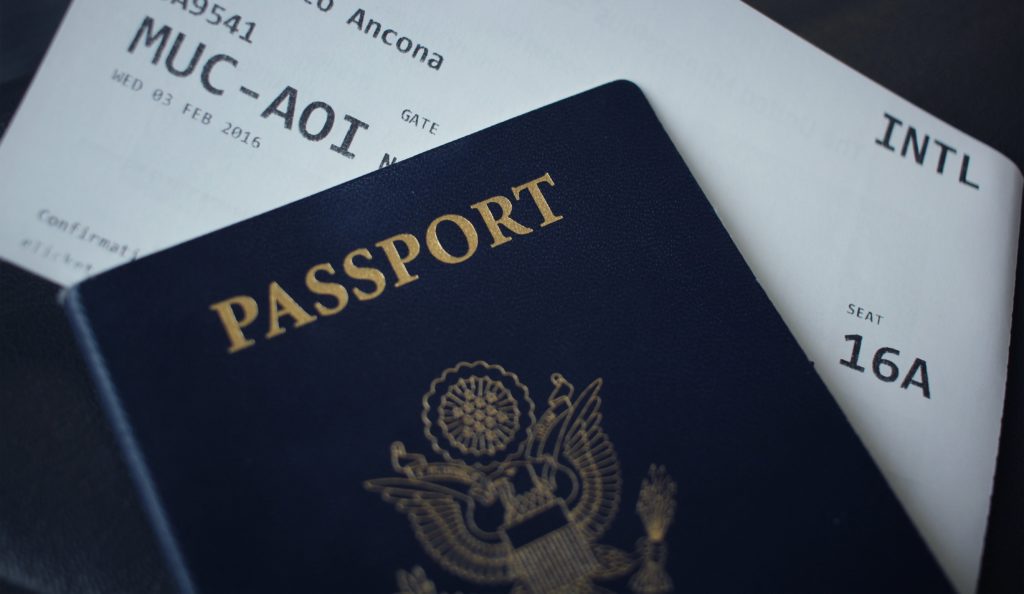
The World Health Organisation (WHO) is urging international travellers to remain cautious and prioritise their health during the recent outbreaks of coronavirus in China, Hong Kong, Japan, South Korea and more recently Iran and Italy. While many are on edge about the spread of the COVID-19 Coronavirus, a few simple hygiene reminders and awareness of one’s risks can go a long way in reducing further cases. Here’s what you can do if you plan on travelling to or from an affected area, or simply want to reduce the risk of contraction while in international public spaces, as well as what procedures are to be expected while in transit.
Keep Clean

The WHO has promoted sufficient hygiene as the most important way to prevent further spread of the illness. This includes frequent washing of hands, covering one’s mouth and nose when coughing or sneezing, and avoiding contact with one’s own mouth and nose, or those of others. Since this is a virus, anti-bacterial hand gels are not a sufficient substitute for warm water and soap. Surgical Masks have not yet been determined to be effective barriers in avoiding the transmission of the virus, although if you suspect you have caught the virus, it may assist in preventing you from passing it on.
What To Do If You Become Ill

Should you become unwell while abroad, self-isolate, stay indoors and seek medical treatment either through your health insurance broker, or local public health guidelines. It is important you inform any doctor, clinic or hospital in advance of your visit. Only resume travel once you have completely recovered. Should you return home from an affected area, you should monitor your condition closely for at least 14 days post-travel. If you begin to exhibit flu-like symptoms, including; a fever, cough and shortness of breath, seek immediate medical attention.
Screening

Some countries have employed temperature and symptom screening procedures at customs controls. Should you be entering a foreign country with screen procedures, ensure that you have permission to do so. Keep up to date with any potential travel restrictions before and during your travels. For example, foreign nationals entering the United States will be denied access if they have visited China or Iran in the preceding 14 days.
Cruise Lines

Many cruise lines with scheduled stops in Asia have had their routes cancelled or modified to prevent contact with affected areas. One may also be denied re-entry to the country of origin if one has travelled in an affected area. These precautions follow the quarantine of the Diamond Princess ship in Japan after 700 passengers were found to have the virus, resulting in at least 5 fatalities.
Flight Cancellations

Many international airlines have halted travel to China, and these cancellations may begin to be extended to other affected areas. Some airlines are offering waived fees in lieu of the cancellations, but it is best to check with your specific airline whether your flight will proceed as scheduled or, in the event of a cancellation, whether you will receive a refund.
Travel Insurance

While airlines and accommodation facilities seem to be doing their utmost to refund any cancelled bookings, a trip cancelled due to the outbreak may not necessarily be refunded in full. Most standard travel insurance packages will not account for the effects of the virus, however, if you have a Cancel For Any Reason policy, portions of your trip may be covered in the event of cancellation. If you have already purchased an insurance package and are concerned about your trip being cancelled, it’s best to contact your broker directly for information about the extent of your coverage.
Ultimately, as with any international crisis, staying up to date with reliable information as it is released is always the best measure. If you can avoid travelling until the outbreak has been contained and the associated risks greatly reduced, this, although not always possible, is recommended. View the WHO complete coronavirus library here.
Sources:https://www.who.int/ith/2019-nCoV_advice_for_international_traffic-rev/en/, https://edition.cnn.com/travel/article/coronavirus-travel-advice/index.html , https://travelhealthpro.org.uk/news/499/novel-coronavirus-covid-19-general-advice-for-travellers
b4i.travel simplifies your communication needs when travelling and takes the risk out of high international roaming costs. We offer a range of pre-loaded, pre-activated and pre-registered world travel SIM cards so you’ll be connected when you arrive in the country you are visiting. Tourists, students and businessmen have been talking like a local in South Africa, USA, Europe with b4i.travel since 2010. We have partnered with some of the worlds most reliable; car rental, flight booking, hotel booking, travel experience and travel insurance companies. So, get set up and ready to go with b4i.travel – before you travel. It’s time to ‘explore your world with us’.
